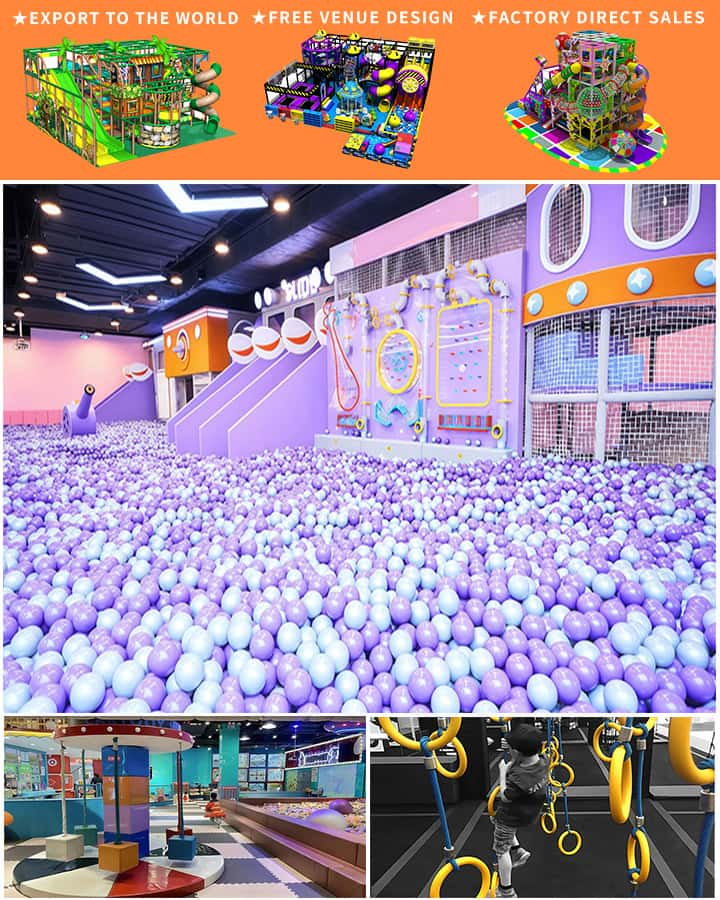In recent years, the significance of sensory play equipment has gained widespread acknowledgment among parents, educators, and child development experts. These tools not only provide endless hours of entertainment but also serve as crucial instruments in fostering various aspects of a child’s growth. This article delves into the importance of sensory play equipment and its impact on children’s development.
Understanding Sensory Play Equipment
Sensory play equipment refers to objects and materials specifically designed to stimulate a child’s senses, encouraging exploration and interaction with their environment through touch, sight, sound, taste, and smell. Examples of sensory play equipment include items like textured balls, water tables, sand pits, musical instruments, and sensory bins filled with different materials.
Cognitive Development
One of the primary benefits of sensory play equipment is its role in cognitive development. Engaging multiple senses simultaneously helps in forming neural connections, enhancing brain function, and promoting problem-solving skills. For instance, sorting colored blocks or fitting shapes into corresponding holes can improve spatial awareness and hand-eye coordination. Additionally, sensory play encourages curiosity and critical thinking, as children experiment with cause-and-effect relationships.

Emotional Regulation
Sensory play equipment also plays a vital role in emotional regulation. Through sensory experiences, children learn to recognize and manage their emotions effectively. For example, activities involving water play or kinetic sand can be calming and help soothe children who are feeling overwhelmed or anxious. The repetitive nature of some sensory tasks, such as pouring or scooping, can provide a sense of control and predictability, which is especially beneficial for children with sensory processing issues.
Social Skills
Interaction with sensory play equipment often involves cooperation, sharing, and communication, which are essential social skills. When children engage in group play activities that involve sensory elements, they learn to take turns, listen to others’ ideas, and work together towards a common goal. This collaborative environment fosters empathy, patience, and teamwork, laying the foundation for positive social interactions throughout life.
Fine Motor Skills
Many sensory play activities require precise movements and coordination, thereby aiding the development of fine motor skills. Whether it’s threading beads onto a string or manipulating clay into different shapes, these actions strengthen hand muscles and improve dexterity. Fine motor skills are crucial for tasks such as writing, drawing, buttoning clothes, and using utensils, thus having a direct impact on a child’s ability to perform daily activities independently.
Creativity and Imagination
Sensory play equipment fuels creativity and imagination by providing open-ended materials that can be used in countless ways. Unlike structured toys with specific functions, sensory play equipment allows children to explore and invent their own games. This freedom encourages imaginative play, where children create scenarios, characters, and stories, enhancing their creative thinking and narrative skills.
Conclusion
In conclusion, sensory play equipment holds immense value in early childhood development. It supports cognitive growth, emotional well-being, social skills, fine motor proficiency, creativity, and imagination. By incorporating a variety of sensory play tools into a child’s environment, parents and educators can nurture well-rounded development, setting the stage for lifelong learning and success. Investing in high-quality sensory play equipment is an investment in a brighter future for our children.




